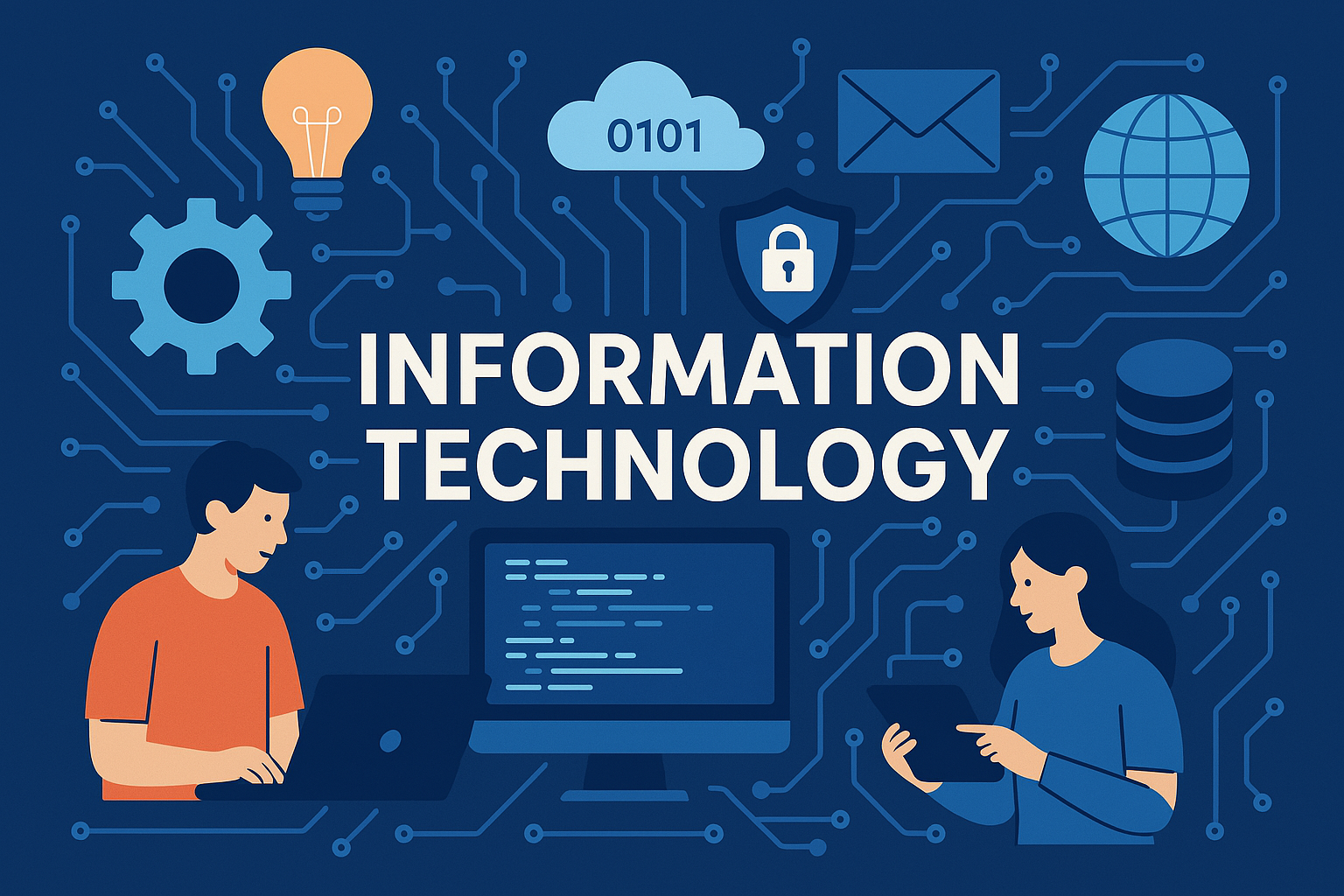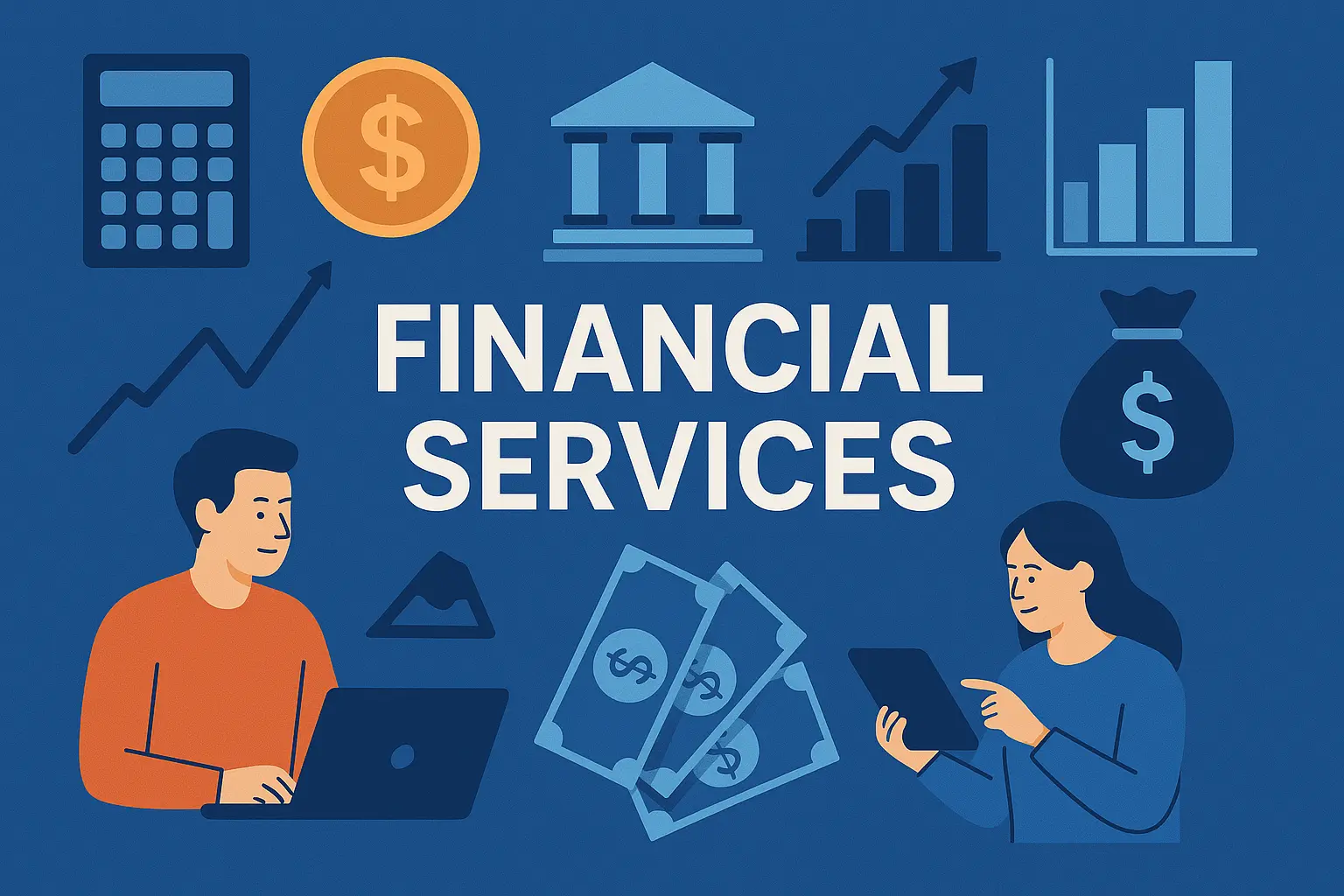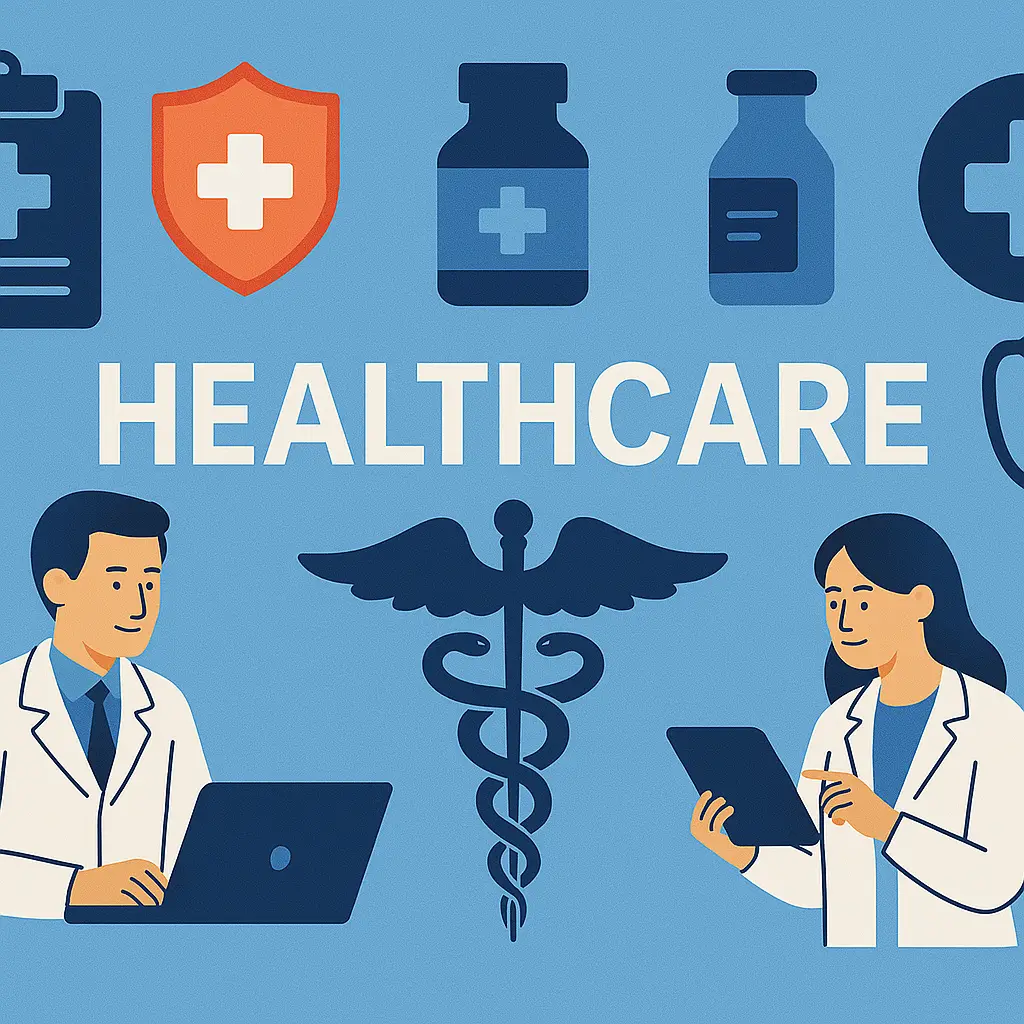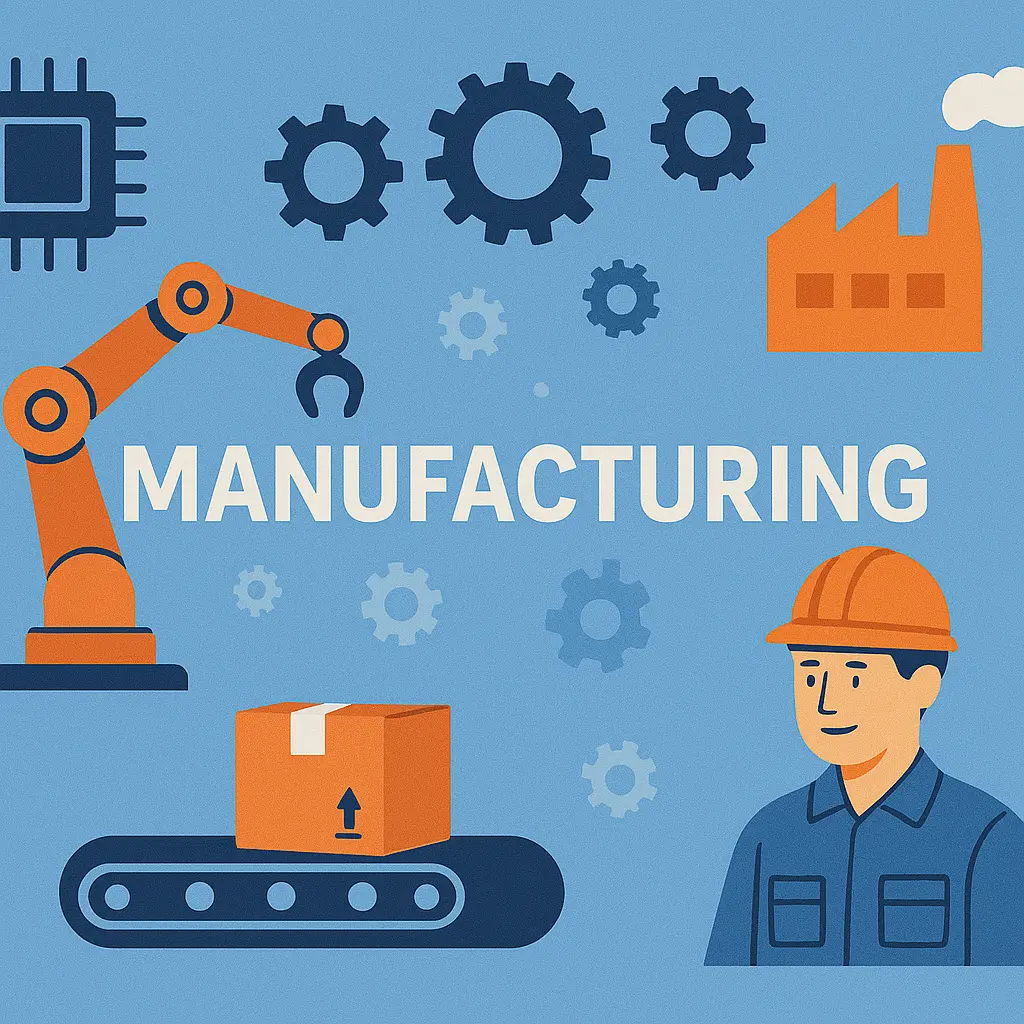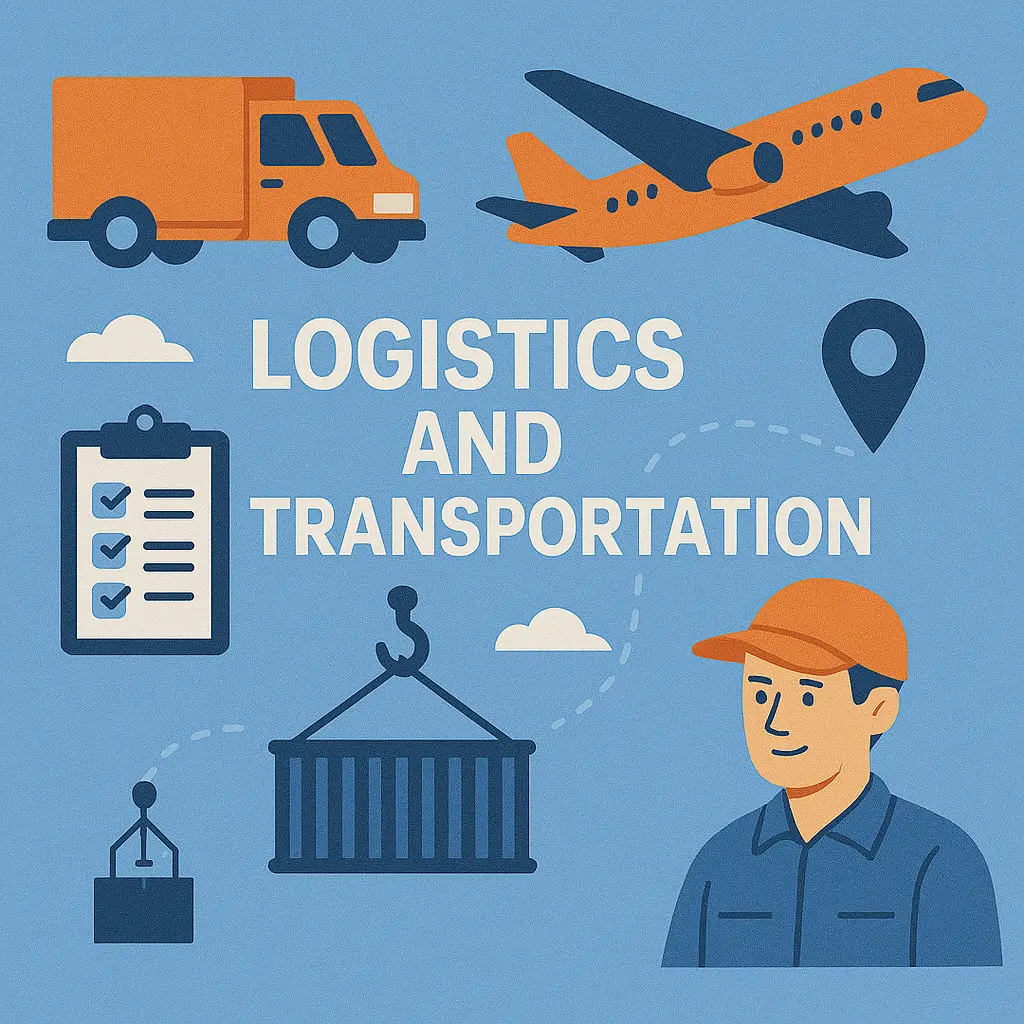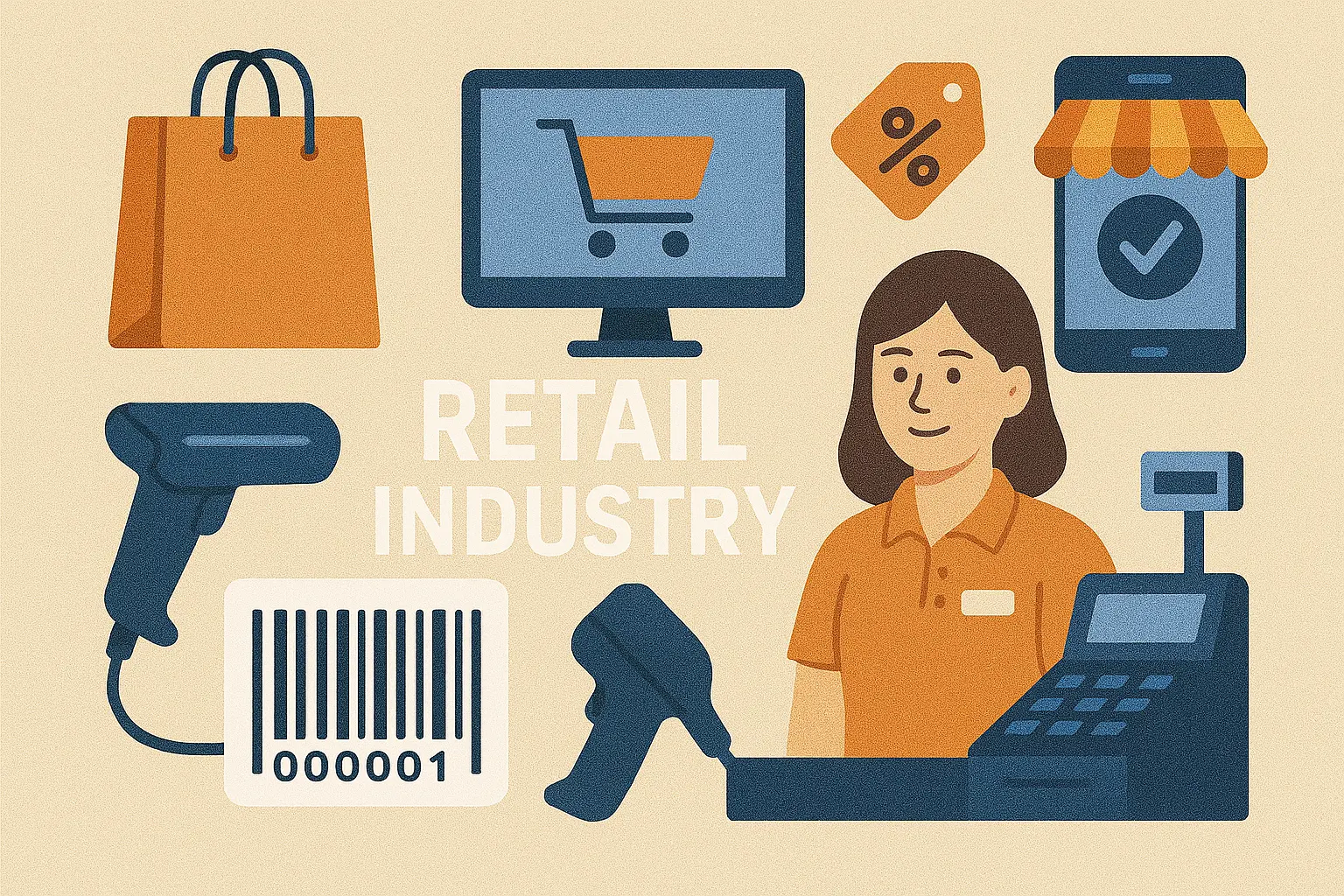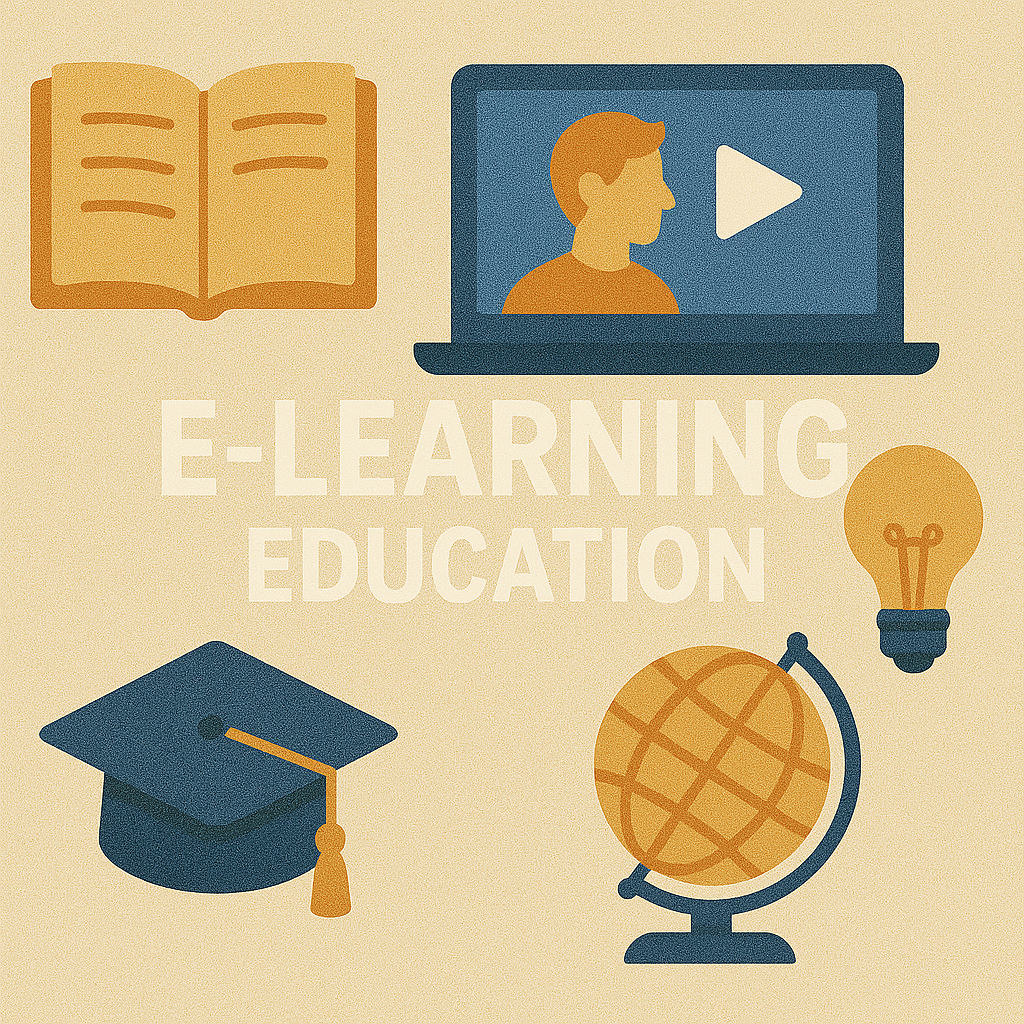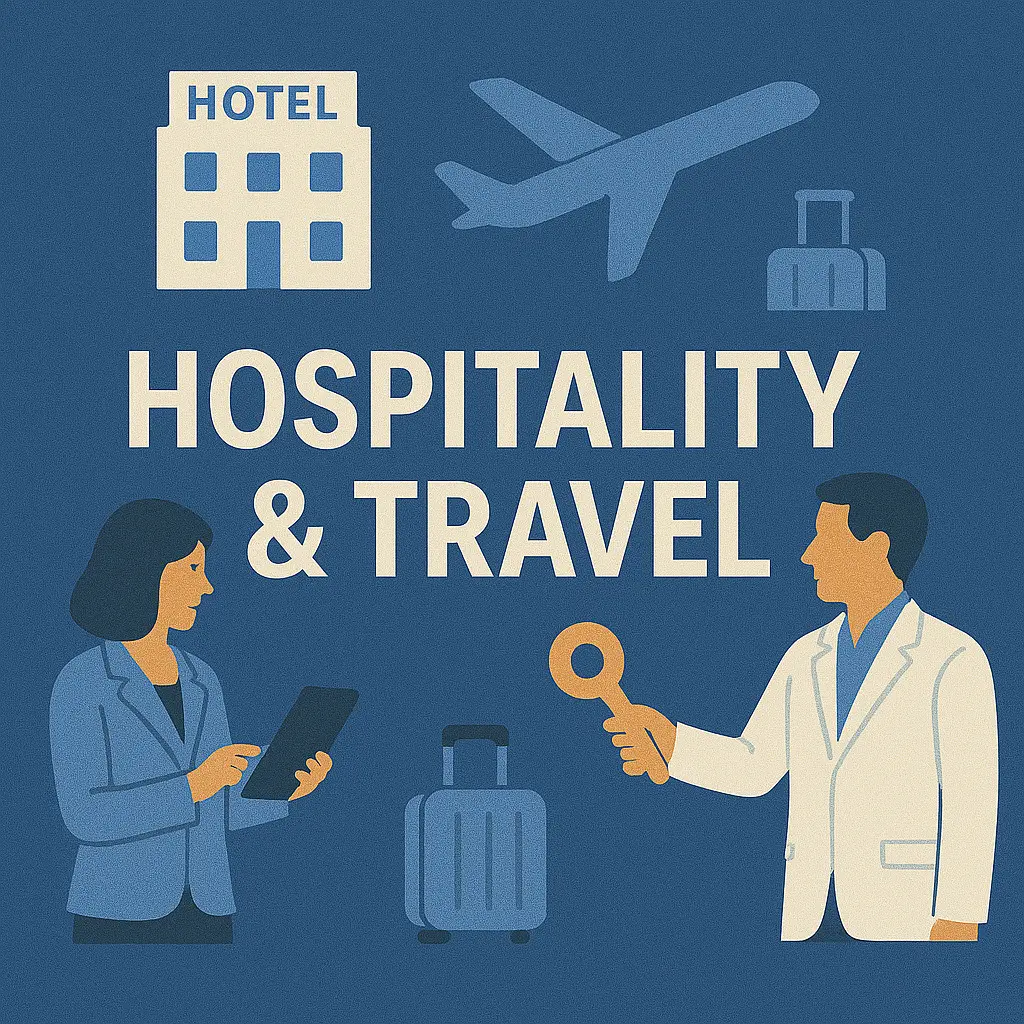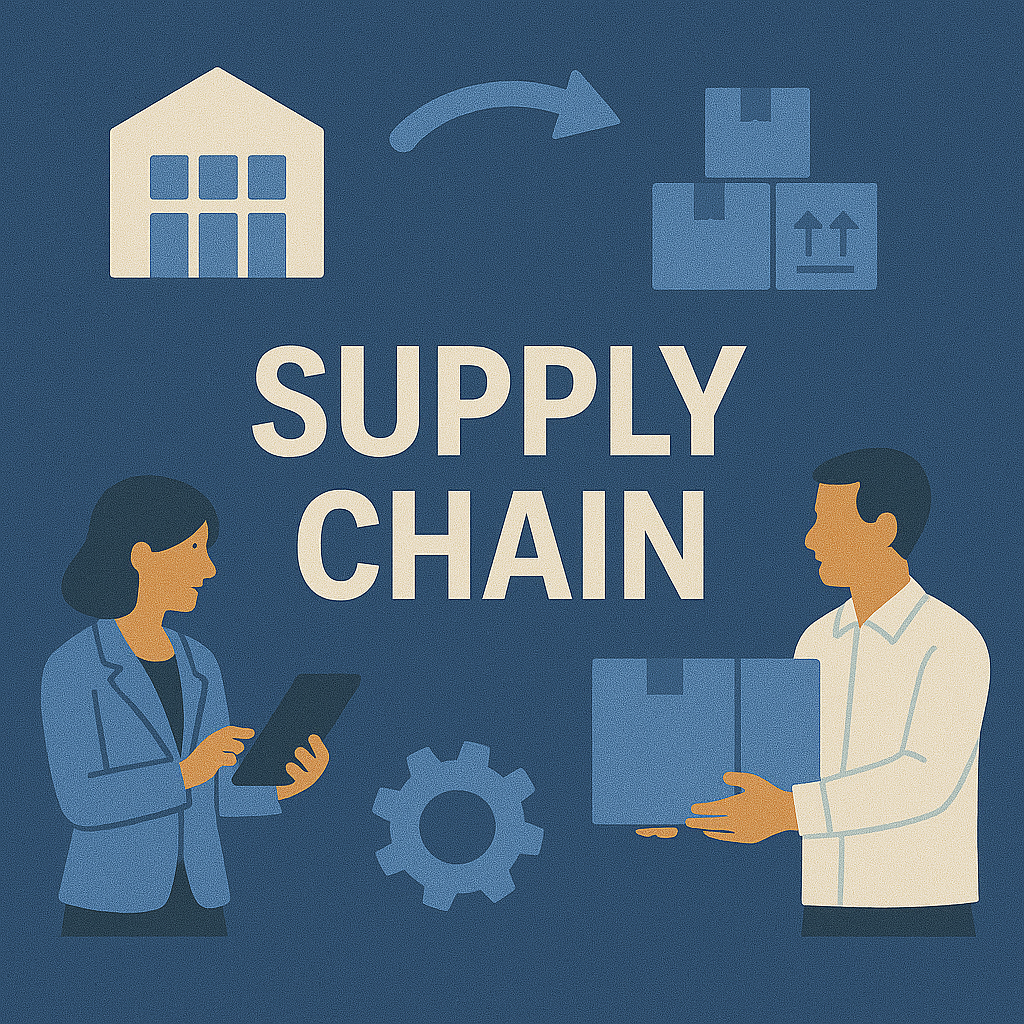The Four Key Stages of ERP Implementation
1
Discovery & Planning
Define goals, gather requirements, and assess current processes.
2
System Design & Configuration
Customize the ERP to fit the business needs and set up workflows, fields, and integrations.
3
Data Migration & Testing
Transfer existing data into the ERP and test for accuracy, functionality, and user experience.
4
Training & go Live
Train the team, resolve final issues, launch the system, and provide post-launch support.
